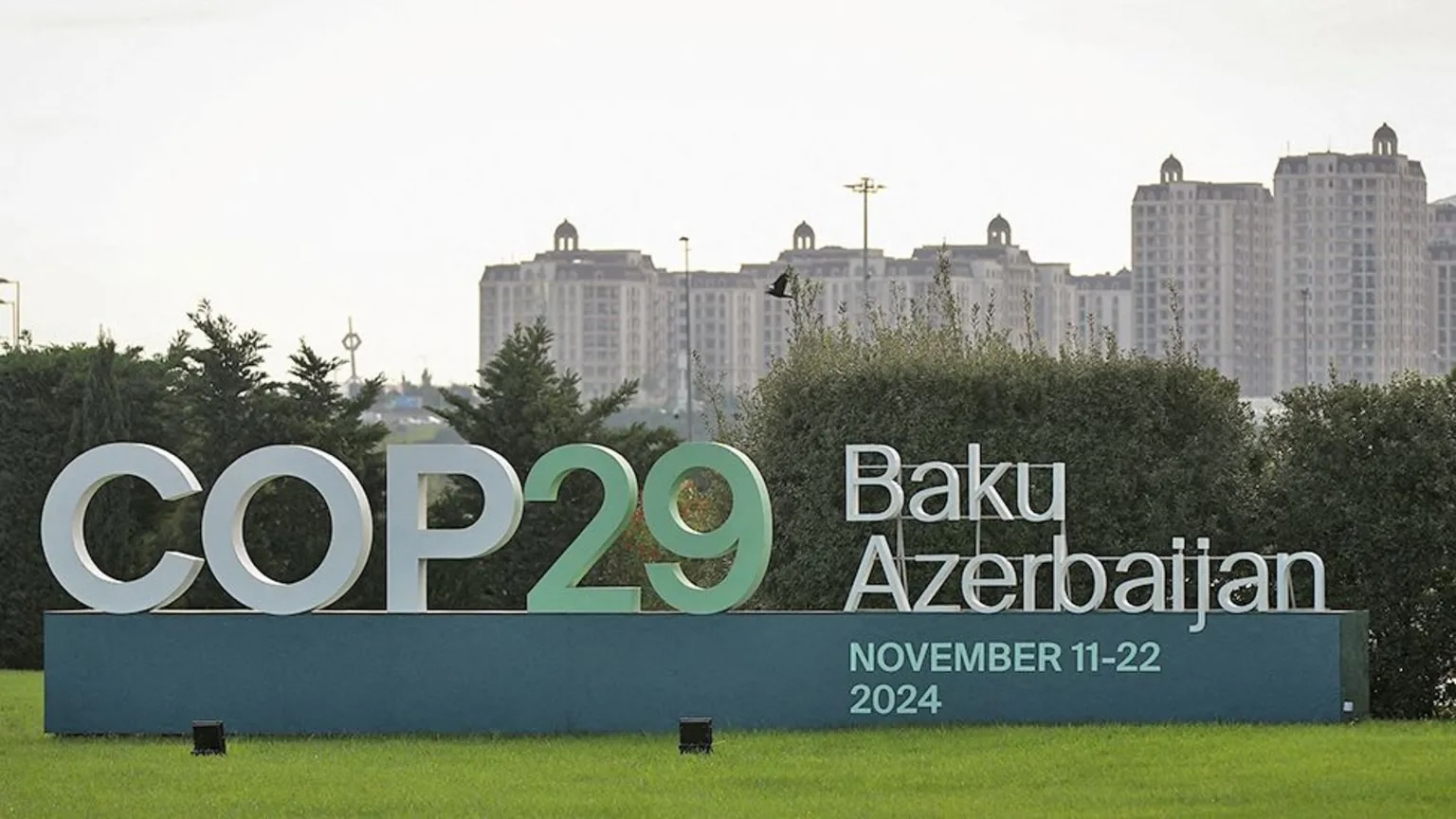
COP29 Climate Summit Opens in Baku with Focus on Global Finance, Green Energy Solutions » Capital News
BAKU, Azerbaijan Nov 11 – The 29th Conference of the Parties (COP29) opened on Monday at the Baku Olympic Stadium, Azerbaijan, drawing world leaders, policymakers, environmental experts, and activists.
Running until November 22, this year’s conference places a spotlight on climate adaptation, resilience, and finance, with leaders aiming to forge agreements that could reshape environmental policies and economic approaches worldwide.
Kenya’s delegation, led by Environment, Climate Change, and Forestry Cabinet Secretary Aden Duale, is joined by Prime Cabinet Secretary Musalia Mudavadi, representing President William Ruto. Kenya has positioned climate action as a national priority, emphasizing sustainability and resilience.
Key Objectives of COP29
With climate concerns at a peak, this year’s agenda is ambitious, focusing on emission reductions and financial support for vulnerable nations. The United Nations Framework Convention on Climate Change, signed in 1992, established COP as the principal global platform to address climate impacts, attended by 198 nations. COP29 is expected to drive discussions that will impact economic and environmental policies globally, particularly through a push for renewable energy. Agreements could accelerate the shift to clean energy sources like wind and solar, potentially impacting energy prices and air quality, although there may be short-term costs involved in the transition.
Finance in Focus: African Push for Change
Dubbed the “finance COP,” COP29 sees developing nations calling for greater financial support, with African countries advocating for $1 trillion in annual adaptation funding by 2030. This funding would address critical needs in agriculture, health, and infrastructure. African leaders are also calling for international financial reforms to make climate funding more accessible, citing current support as insufficient for the escalating climate challenges. Wealthier countries, including the UK, contribute to climate funds primarily through taxpayer-funded aid budgets, while private institutions are expected to play a growing role in climate financing.
A major topic is the accountability of developing economies like China and the Gulf states. Currently exempt from contributing to climate finance under the Paris Agreement, wealthier nations argue that their contributions are essential to meeting financial targets. These funds are crucial for assisting developing nations in adapting to rising temperatures, which are projected to make 2024 the hottest year on record.
Contentious Points: Fossil Fuels and Human Rights
COP29’s setting in Azerbaijan has stirred debate, as the host nation plans to expand gas production by a third in the coming decade. Some environmental advocates worry that this expansion contradicts COP’s goals of reducing fossil fuel reliance. Additionally, Azerbaijan’s human rights record and its treatment of political opposition have led to concerns that the event may be leveraged for economic gains, specifically by attracting investment into Azerbaijan’s oil and gas sector.
The Road Ahead: Climate Goals and National Plans
Countries must update their climate strategies every five years, with the next deadline set for early 2025. Weak commitments at COP29 could increase tensions, especially among nations already experiencing severe climate impacts. Kenya, emphasizing adaptation in its climate strategy, aims to secure substantial funding to safeguard biodiversity and support its communities’ resilience. As COP29 unfolds, the hope is that global leaders will establish binding commitments to advance meaningful climate action. Kenya’s participation underscores its dedication to environmental stewardship, with Mudavadi and Duale advocating for equitable financing and robust climate policies that reflect the urgent needs of affected communities.
The outcomes of COP29 are expected to shape global climate priorities and foster international cooperation on environmental and economic fronts, with Kenya leading efforts to secure resources and fortify its climate resilience strategy.
About The Author